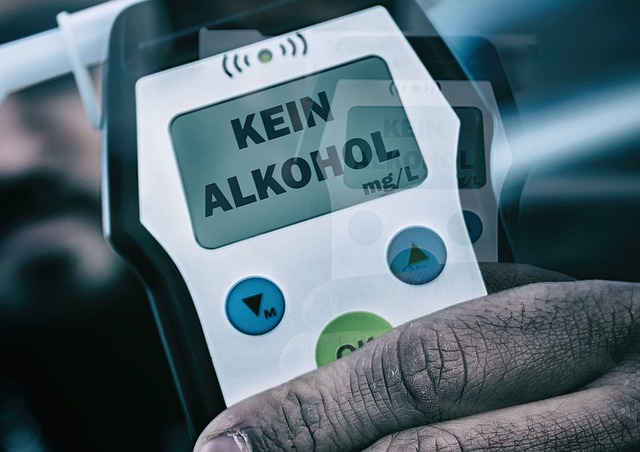Community service focused on drug interactions and DUI laws is crucial for social responsibility. Understanding these interactions aids individuals in making informed decisions, reducing risks of accidents, and avoiding legal pitfalls. For those convicted of DUI, community service offers a chance to rectify actions, raise awareness about impaired driving dangers, foster accountability, repair community relationships, and reintegrate as productive citizens.
Community service offers a powerful avenue for DUI offenders to atone for their actions and make amends. This article explores how engaging in community service can help individuals understand the impact of their behavior, while also providing an opportunity for personal growth. We delve into the intersection of Drug Interaction and DUI Law, examining the risks involved and how proactive measures like community service can mitigate these dangers. By understanding the consequences, offenders can take meaningful steps towards rehabilitation and rebuilding trust within their communities.
- Drug Interaction and DUI Law: Understanding the Risks
- Community Service: Atoning Through Action for DUI Offenders
Drug Interaction and DUI Law: Understanding the Risks

Engaging in community service with a focus on understanding and mitigating the impacts of drug interactions and DUI (Drunk Driving under Influence) laws is an essential aspect of social responsibility. Drug interaction refers to how different substances, when combined, can alter a person’s mental and physical state, often with unpredictable outcomes. This becomes especially relevant in legal contexts, particularly regarding DUI charges.
When individuals are accused of driving while under the influence, knowledge about potential drug interactions is crucial. Many prescription medications and recreational drugs have side effects that can impair judgment and motor skills, increasing the risk of accidents. For instance, combining certain painkillers with alcohol can enhance intoxication, leading to severe legal consequences. Understanding these risks not only helps individuals make informed decisions but also fosters a culture where community members support each other in making amends and avoiding legal pitfalls stemming from drug interactions.
Community Service: Atoning Through Action for DUI Offenders

Community service serves as a powerful tool for individuals convicted of Driving Under the Influence (DUI) to atone for their actions and make amends within their communities. For those grappling with the consequences of drug interaction and DUI law, this form of punishment offers an opportunity for redemption. By participating in community service projects, offenders can contribute positively to society while raising awareness about the dangers of impaired driving.
Through community service, DUI offenders can channel their energy into meaningful activities such as educating peers, assisting at substance abuse support groups, or providing support services to vulnerable populations. These experiences not only help them understand the impact of their behavior but also foster a sense of responsibility and accountability. By actively engaging in these initiatives, they can begin to repair relationships with their communities and work towards becoming productive citizens once again.
Community service offers a meaningful way for DUI offenders to atone for their actions and make amends to their communities. By understanding the risks of drug interaction and DUI law, individuals can take proactive steps towards rehabilitation and demonstrate their commitment to responsible behavior. Through community service projects, they can contribute positively to society while serving as examples of resilience and change.






